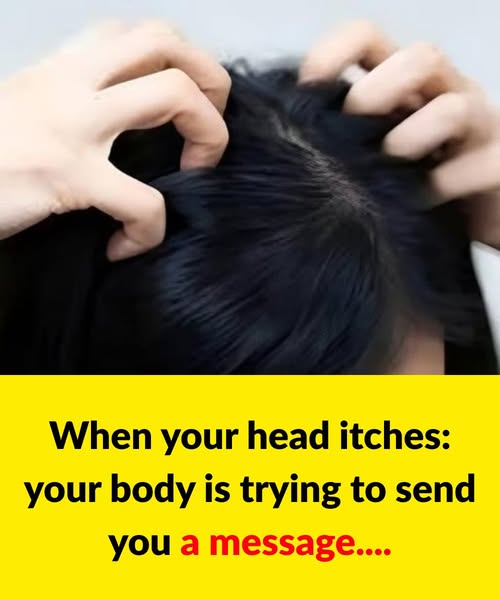Is that constant, nagging itch on your scalp driving you crazy—especially as the day wears on? An itchy scalp is more than just a fleeting annoyance. In many cases, it’s your body’s way of letting you know that something’s out of balance, whether it’s due to stress, oil production, allergies, or even your hair products.
The good news? You can tackle scalp itchiness with the right approach. Here’s a look at the most common causes and smart, practical ways to get relief.
Most Common Causes of Scalp Itchiness
1. Dandruff & Seborrheic Dermatitis
White flakes and irritation? That’s often dandruff, caused by too much oil or reactions to harsh shampoos. Seborrheic dermatitis is a more severe version with red, greasy patches and yellowish flakes—sometimes spreading to eyebrows and behind the ears.
What helps:
-
Choose shampoos with ingredients like ketoconazole, salicylic acid, or zinc pyrithione.
-
If the problem lasts over two weeks, see a dermatologist.
2. Scalp Psoriasis
This autoimmune disorder leads to thick, scaly patches that can crack and bleed. It’s painful and can be stubborn.
What helps:
-
Medicated shampoos and topical corticosteroids.
-
Severe cases may need oral medication.
-
Reducing stress can keep flare-ups in check.
3. Pityriasis Rosea
This shows up as a large dry patch followed by smaller spots—sometimes on the scalp.
What helps:
-
Use gentle, moisturizing lotions.
-
Avoid scratching, and know that it usually clears on its own in a few weeks.
4. Fungal Infections
Redness, persistent itching, and patchy hair loss can signal ringworm (tinea capitis) or similar scalp fungi.
What helps:
-
See a doctor for proper diagnosis.
-
Complete a full course of antifungal medication and use medicated shampoos.
-
Don’t stop treatment early—even if symptoms improve.
5. Allergic Reactions to Hair Products
Hair dyes, relaxers, and harsh chemicals can cause burning, redness, and blisters—especially if you’re sensitive to PPD (a common dye ingredient).
What helps:
-
Always do a patch test before using new products.
-
Opt for natural or ammonia-free hair color if your scalp is sensitive.
6. Sunburn
Thinning hair or bald spots make your scalp more vulnerable to sunburn, which leads to peeling and itching.
What helps:
-
Wear a hat or cap in strong sunlight.
-
Try scalp-friendly sunscreen sprays.
-
Soothe burns with aloe vera.
7. Stress & Anxiety
Emotional tension can trigger itching through inflammation—what’s known as psychogenic itching.
What helps:
-
Practice relaxation: meditation, yoga, deep breathing.
-
Use gentle, moisturizing scalp care products.
-
Seek help if stress is interfering with daily life.
8. Lice
Itchy scalp behind the ears or along the neck? Lice aren’t just for kids—adults can catch them, too.
What helps:
-
Use an anti-lice shampoo and a nit comb.
-
Wash bedding and clothing to prevent a repeat infestation.
Smart Tips for Scalp Relief
-
Use gentle, fragrance-free shampoos.
-
Avoid washing your hair in very hot water.
-
Don’t scratch with your nails—it can damage skin and worsen irritation.
-
Keep your scalp moisturized, especially if you live in a dry climate.
-
Maintain a balanced diet for healthy scalp and hair.
Final Thoughts
Don’t ignore an itchy scalp. It can seriously affect your comfort, mood, and confidence. By pinpointing the cause and taking targeted steps, you can restore your scalp’s calm—and finally get some relief. As you were.z
